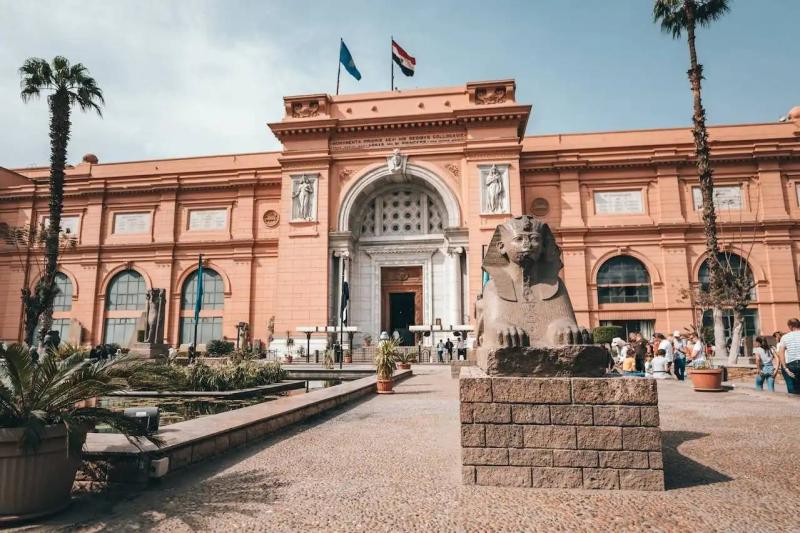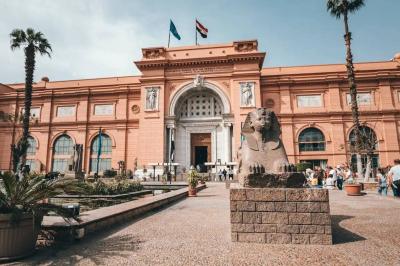A debate has erupted in Egypt on social media about the origin of the phrase "Egypt, Mother of the World," with the Egyptian Dar al-Ifta also weighing in. It clarified on its official Facebook page that the title "Mother of the World" has deep historical roots dating back to the time of the prophet Noah, stating that history books confirm Egypt is indeed a blessed land.
According to the book "Futuh Misr wa al-Maghrib" by Ibn Abd al-Hakam, it was reported that "the prophet Noah said to his son when he answered his prayer: 'O Allah, he has responded to my call. Bless him and his offspring and settle him in the blessed land, which is the mother of the countries, and the help for the people, whose river is the best of the rivers in the world, and grant it the best of blessings, and make the land easy for him and his children, and strengthen them upon it.'"
Regarding civilization, senior archaeologist at the Egyptian Ministry of Tourism and Antiquities Magdy Shakir stated in an interview with Al Arabiya.net that Egypt was called "Mother of the World" not out of chauvinism, but because it was the first civilization in the world and contributed significantly from its inception in sciences, arts, and more.
He added that the Latin alphabet that emerged from Europe borrowed its origins from the Phoenician letters through the Greeks, noting that the Phoenician letters were originally adapted from Sinai writings borrowed from ancient Egyptian scripts. He emphasized that Egypt bequeathed the world many sciences, being a pioneer in engineering, architecture, mathematics, chemistry, medicine, and surgery. He mentioned that all the manuscripts written on papyrus, which date back over four thousand years, documented these various sciences.
Furthermore, he considered agriculture to be the second major material revolution in human history after the discovery of fire, asserting that its origin is believed to be in the lower Nile Valley, which fed the world starting from the land of Canaan, from which Joseph's brothers and father came, moving through the Hittite state (present-day Turkey), to whom King Merneptah, son of King Ramses II, sent wheat aid to face the famine that struck them.
He noted that Egypt represented a granary for both the Greeks and Romans, with Roman philosopher Lucius Seneca stating, "When the people headed to the port, we learned that grain ships had come from Egypt."
After the conquest of Egypt in the "Year of Famine," when Caliph Umar ibn al-Khattab complained to Amr ibn al-As, he said, "I see you are getting fat there while we are starving here." To which ibn al-As replied, "I will send you a convoy of wheat and supplies, its first portion will arrive to you, and its last will be here in Egypt," indicating the abundance in Egypt, according to the archaeological expert.
He concluded by stating that "Egypt has carried the torch of civilization and illuminated the world, and the peoples of the ancient world have eaten from its wheat and grains, sharing its goodness throughout the ages without holding back, hence Egyptians see it as 'Mother of the World.'"




